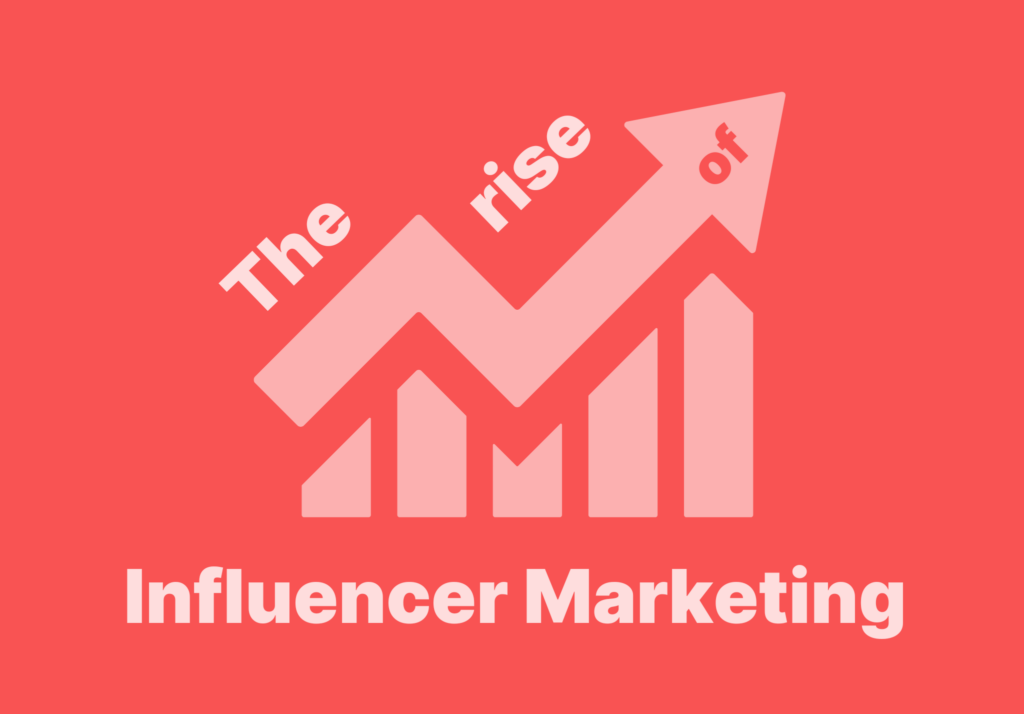I remember trusting every product recommendation from my favourite influencers. But now, with endless ads and sponsored posts, it’s harder to know what’s genuine.
Brands are starting to move away from big influencers, turning to micro-influencers and employee-generated content to build more authentic connections.
In this blog, I’ll explore how influencer marketing is changing and why smaller, more relatable voices are having a bigger impact.
The Rise of Influencer Marketing

Around 10 years ago, Instagram became to go-to platform for brand promotion. Influencers, especially in beauty and lifestyle, grew their audiences by sharing makeup tutorials, production recommendations and skincare tips. As a teenager, I trusted beauty influencer’s recommendations like they were gospel.
During this time, brands relied heavily on influencers because
The Decline of Big Influencers

Fast forward to today, things have changed. The influencer market has become over saturated and audiences are more sceptical than ever. Why is this?
The Rise of Micro Influencers and Employee Generated Content
So, what’s the solution to the oversaturated influencer market?
Micro Influencers
Employee Generated Content
How should brands leverage this?
Well, how can brands leverage micro influencers and employee generated content?
Instead of relying on a single big-name influencer, brands can achieve better engagement by collaborating with micro-influencers who already resonate with their target audience. By choosing creators whose values align with the brand, companies can foster more authentic connections. Additionally, empowering employees to share their experiences on social media and offering behind-the-scenes glimpses can strengthen customer relationships and enhance brand trust.
In conclusion

Influencer marketing isn’t dead, but it has certainly evolved. Success will shine through for brands that embrace authentic and relatable content. It’s time to rethink marketing strategies and focus on genuine engagement rather than sheer follower counts.
If you’d like help with refining your marketing strategy, we’d love to help! Reach out to [email protected] to discuss with us today.

Written by Lauren Redfern
| Cookie | Duration | Description |
|---|---|---|
| cookielawinfo-checbox-analytics | 11 months | This cookie is set by GDPR Cookie Consent plugin. The cookie is used to store the user consent for the cookies in the category "Analytics". |
| cookielawinfo-checbox-functional | 11 months | The cookie is set by GDPR cookie consent to record the user consent for the cookies in the category "Functional". |
| cookielawinfo-checbox-others | 11 months | This cookie is set by GDPR Cookie Consent plugin. The cookie is used to store the user consent for the cookies in the category "Other. |
| cookielawinfo-checkbox-necessary | 11 months | This cookie is set by GDPR Cookie Consent plugin. The cookies is used to store the user consent for the cookies in the category "Necessary". |
| cookielawinfo-checkbox-performance | 11 months | This cookie is set by GDPR Cookie Consent plugin. The cookie is used to store the user consent for the cookies in the category "Performance". |
| viewed_cookie_policy | 11 months | The cookie is set by the GDPR Cookie Consent plugin and is used to store whether or not user has consented to the use of cookies. It does not store any personal data. |